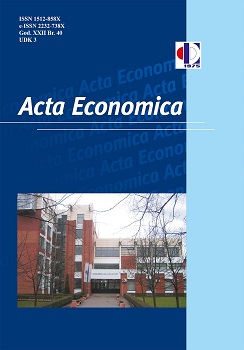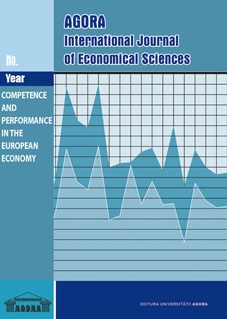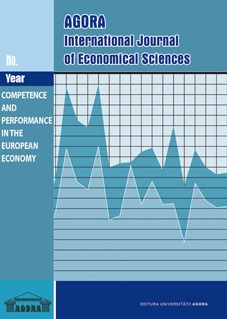Author(s): Roman Zvarych,Igor Rivilis,Bohdan Kharkovskyi,Olha Masna,Yurii Shevchuk / Language(s): English
Issue: 1/2024
The article defined the concept of waste management in the environmental management system. The research analysed the problems of waste management in the environmental management system from point of view by a number of domestic and foreign scientists. As a result, authors outlined the basic components of waste management: strategic planning, prevention of environmental pollution, conservation of resources, minimization of the amount and toxicity of waste generation, choosing the best prevention option, assessment of effects and consequences, decision-making. The research described the system of green reconstruction of economy and formed the basic principles of the green post-war reconstruction that would provide sustainable economic development. The article outlined the concept of post-war green reconstruction which should focus on such areas as: sustainable construction and resource saving; implementation of renewable energy sources; sustainable development of infrastructure; implementation of a waste management system, minimization of residues. The authors grounded five main stages of waste management process under postwar reconstruction of Ukraine: prevention of waste generation, preparation for reuse, processing, other uses, disposal. Sustainable waste management solutions are essential to maintain environmental harmony but, also, they are linked with cost, public response, political constraints, and social norms. Consumers' environmental awareness influence the demand for goods and services and thus reduce the amount of waste. Research argued that local communities should developed own waste prevention strategies and attract environmentally conscious businesses to their territory. State policy should focus consumers for preferring products in packaging/container that is suitable for recycling or reuse (glass), paper bags, ecobags, used appliances.
More...





